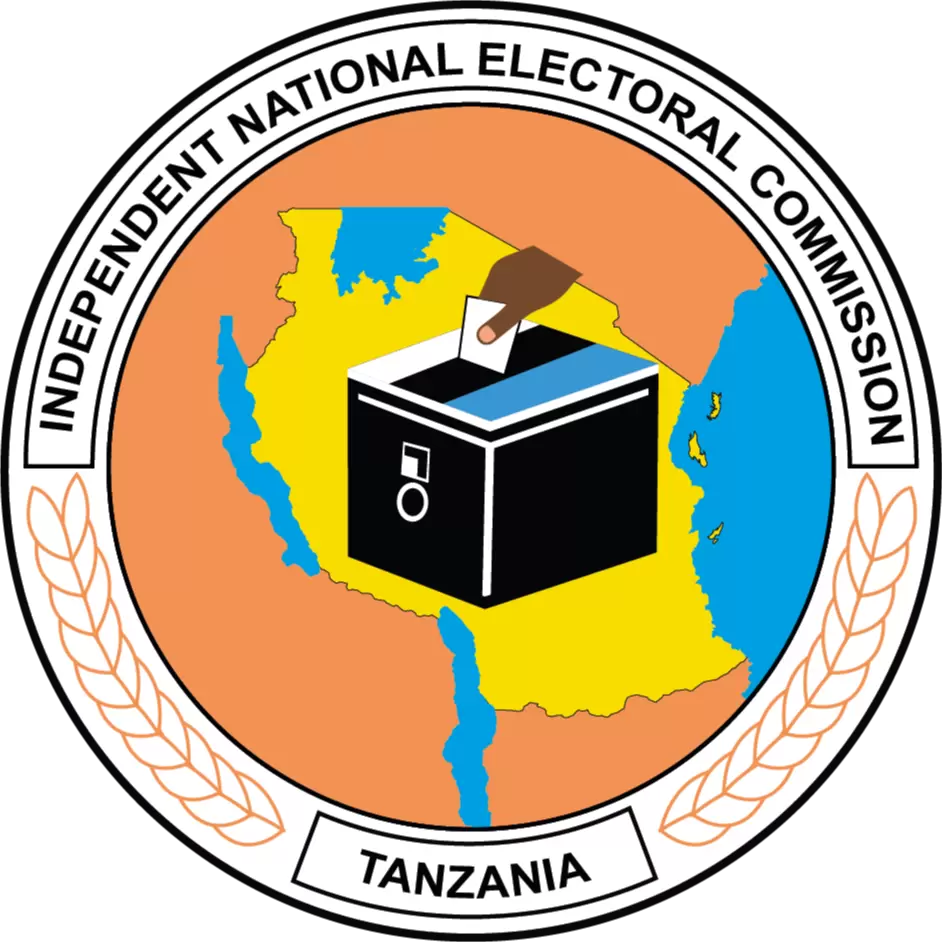Effect of hypobaric storage on Northland blueberry bioactive compounds and antioxidant capacity
- 16th September, 2022 08:43
- By SADA.SHOSY
- Papers
Author(s) : 1. James, A., Yao, T., Ma, G., Gu, Z., Cai, Q., & Wang, Y
AbstractThis paper studies the effects of hypobaric storage on the physiochemical quality of the Northland blueberry fruits, as well as their bioactive compounds, pre- and pro-antioxidant enzymes and reactive oxygen species (ROS). Different hypobaric pressures at 0.025, 0.05 and 0.075 MPa were applied to stored blueberry at 0 °C. Hypobaric treatment resulted in lower fruit decay rate compared to control, maintained respiration rate and pH of the fruit for 0.05 and 0.075 MPa treatments, which implied that fruit freshness was maintained following hypobaric storage. Also, hypobaric storage significantly retained high bioactive compounds (P < 0.05), especially total flavonol and anthocyanins after 50 days storage at 0.025 MPa compared to control. The retained bioactive compounds were reflected as high antioxidant capacity indicated by DPPH, FRAP and TEAC. The treatment 0.025MPa displayed the lowest MDA activity on day 23 and highest on day 50, which reflected delayed oxidation by hydrogen peroxide. Evidently, high levels of POD, APX, PPO and GSH antioxidant enzymes in the 0.025 MPa stored blueberries may be due to delayed ROS metabolism. Partial least square regression (PLSR) model showed that, ROS were negatively correlated with anthocyanin, POD, CAT, SSC, flavonol, TEAC, FRAP, DPPH as well as hydroxyl radical scavenging ability. Similarly, path analysis (PA) revealed that MDA was negatively correlated with TEAC, TA and fruit pH, while hydrogen peroxide was negatively correlated with GSH and protein. Of the pressures, 0.025 MPa was selected as the suitable hypobaric pressure for Northland blueberry storage as significantly retained studied indexes at relatively high values throughout 50 days storage. https://www.sciencedirect.com/science/article/abs/pii/S0304423821007160


